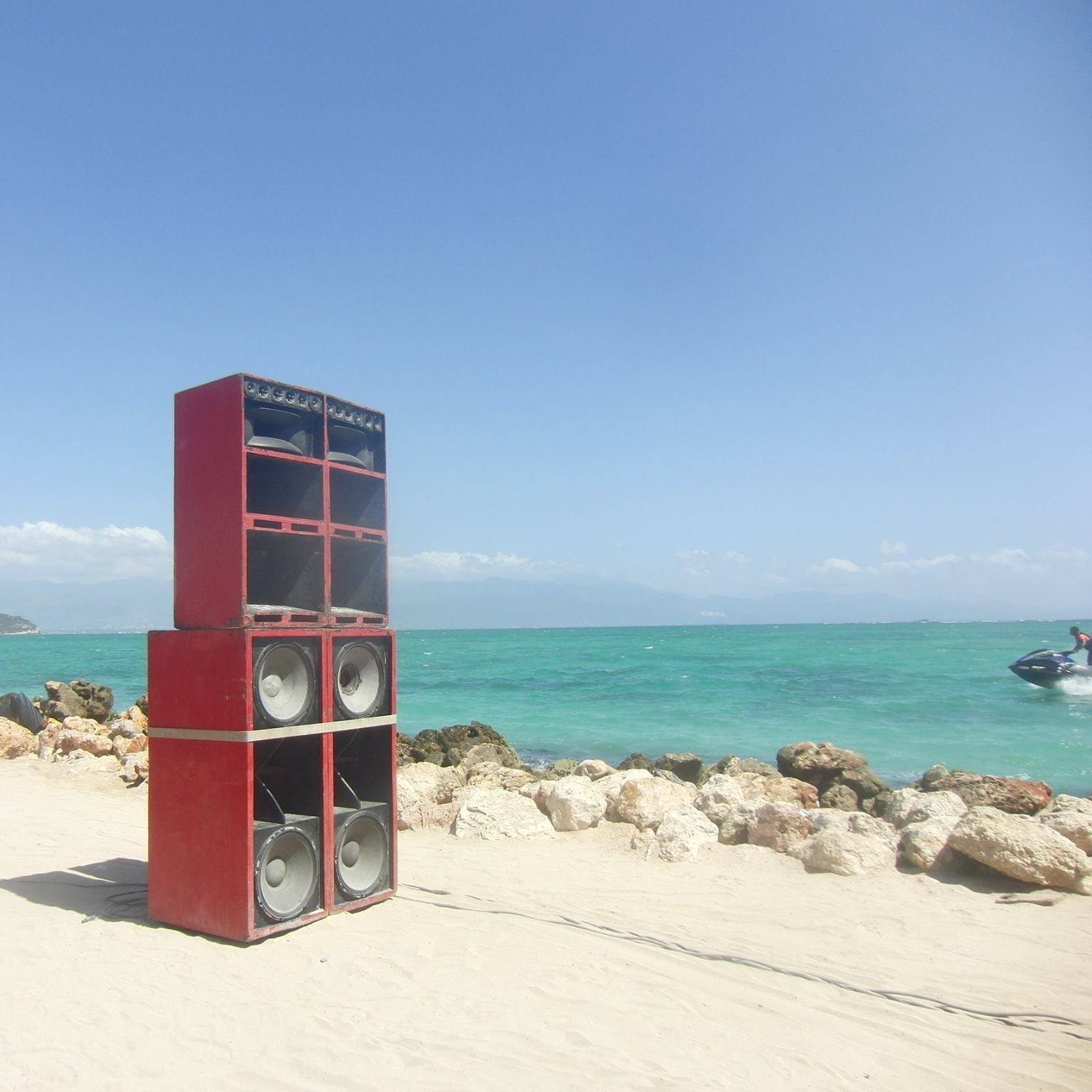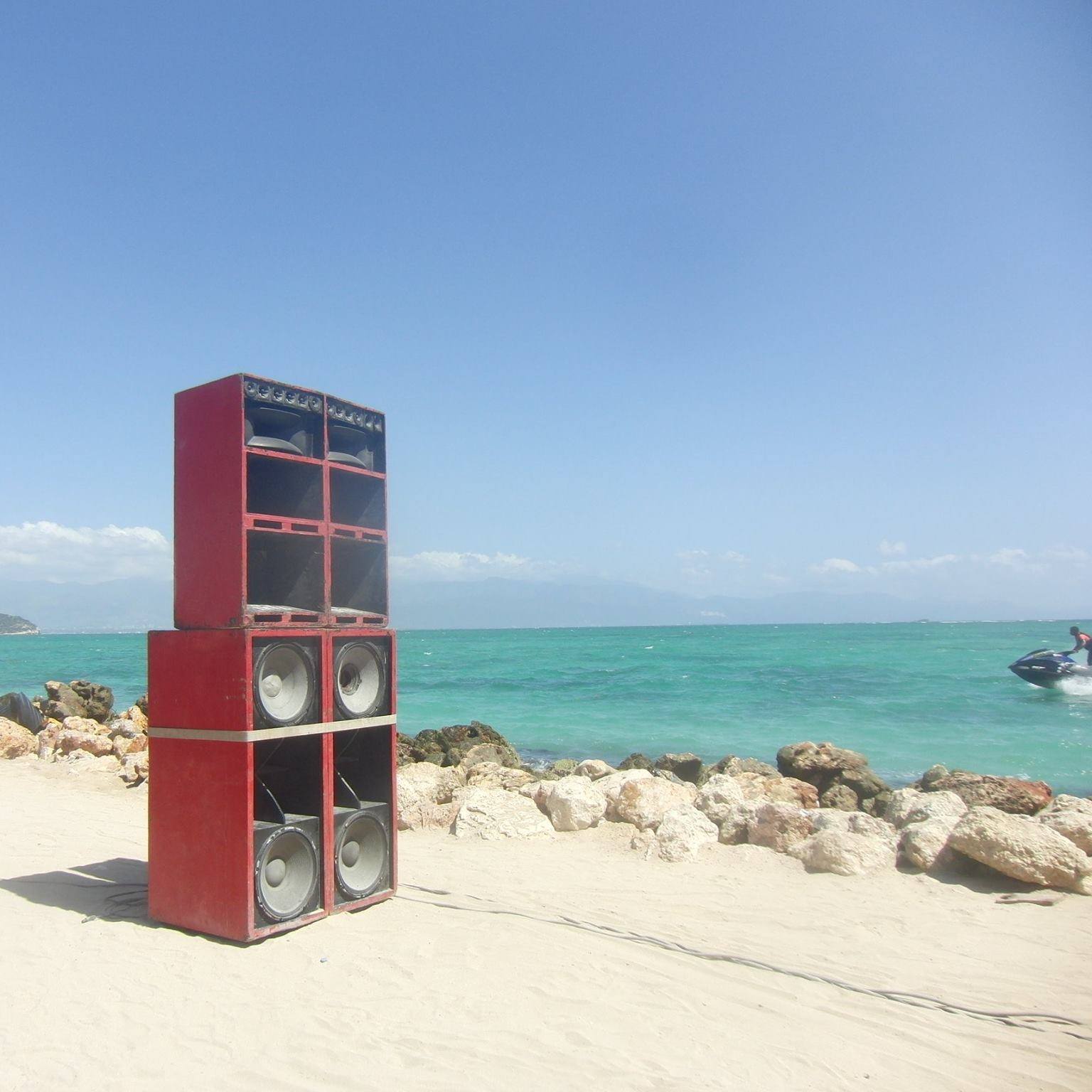Emmy Noether Research Group: Sound System Epistemologies (DFG)
"Sound System Epistemologies: Knowledge engendered through Practice" (SSE) is an interdisciplinary research group that studies the intersections of sonic performance, knowledge production and masculinity.

Research Group: 3 funded sub-projects, 3 associated sub-projects, research assistants, Advisory Board
Principal Investigator: Dr. Stefanie Alisch
Mercator Fellow: Prof. Dr. em. Carolyn Cooper
Partner Institutions: Music Instrument Museum (Berlin), HKW (Berlin)
SSE's Research Objectives:
1.) Document and investigate understudied scenes of Lisbon batida (SP1), London based queer/female/non-binary sound systems (SP2) and freetek (SP3).
2.) Theorise the sound system as music performance configuration.
3.) Develop methodology to mobilise and externalise tacit sound system knowledges.
4.) Illuminate how masculinities and knowledge production co-constitute each other.
5.) Engage sound system communities through pracitioner-led research methods.
6.) Investigate the collective nature of knowledge production through sound system practice.
7.) Share findings through on-line, personal and academic dissemination and sound system exhibit.

